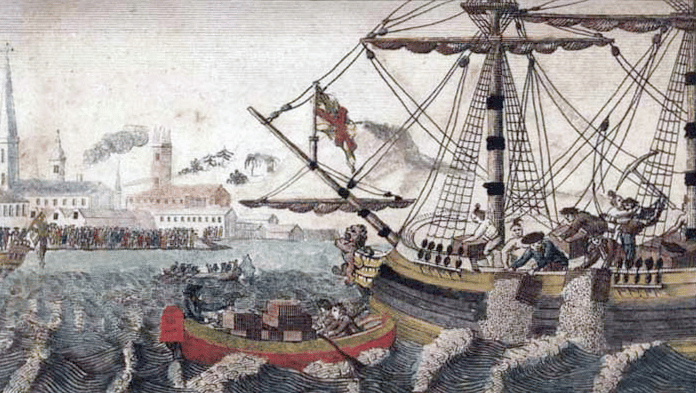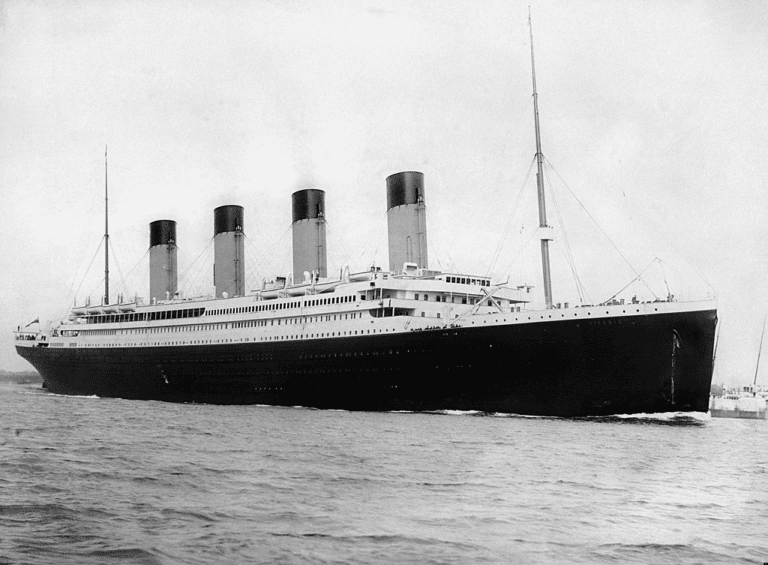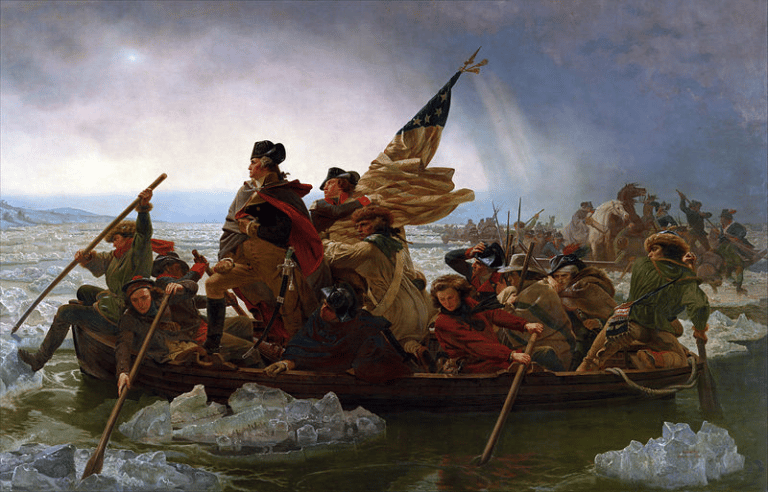5 Communication Disasters in History Beekeeper Could’ve Helped

It can be mind-boggling to think of how many of history’s mis-steps and blunders could have been prevented if today’s mobile communication technology had been around. There have been many communication disasters in history, which makes one wonder—how different things might have been if we had today’s communication technology way back when.
Learn about the tools and features that can help your company make the most informed decisions for the best outcomes.
There are many funny examples of poor communication throughout history that could have been remedied if they took place now with the support of team communication software. But in reality, miscommunication happens all the time. While the consequences might not be as dire as George Washington crossing the Delaware in a blizzard, miscommunication costs companies a whopping $37 billion every year.
Here are five famous historical blunders and the ways a mobile communications platform might have helped each situation.
1. The Boston Tea Party
The British East India Company was struggling financially, and had a massive amount of tea they needed to unload. In an effort to incentivize the American colonies to buy the company’s tea, Great Britain passed the Tea Act of 1773, which in effect was what the colonies considered “taxation without representation.”

In response, the colonists dumped the company’s tea in Boston Harbor, setting the stage for the American revolution. If only there was real-time mobile communication technology in the 18th century, Great Britain might have better understood the colonists’ feelings much sooner and responded in kind.
They could have introduced messaging about the tax and asked for feedback on the impact it would have. Instead, they doubled-down on their position with the passage of the Coercive Acts, sparking the Revolutionary War.
2. Battle of Marathon
Everyone knows that a marathon race is 26.2 miles, but not everyone knows how that came to be. The Greek myth goes that Philippides, a messenger, was sent from the Battle of Marathon to announce the Persians had been defeated. The problem was he ran the entire distance, and when he made it to the Greek assembly he was only able to say, “We are winners!” before collapsing to the floor and dying.
Poor Philippides could have been saved with a simple internal communications app letting his countrymen in the assembly know of Greece’s victory. Then again, we wouldn’t have what we know as a marathon today, so Philippides’ sacrifice was more significant than he’ll ever know.
3. The Fall of Rome
The Byzantines held the safe ground in Constantinople, surrounded by secure walls protecting their city. Even though the Ottoman Turks had them outnumbered, they were still unlikely to take the city successfully. However, the Byzantines had made a tragic communication failure: they left one of the gates to the city ajar, providing an opening for the Turks.
If only a commanding officer of the Byzantine army could have alerted an officer with a simple telephone call or chat message in a mobile team app, the Roman Empire might still be standing today.
4. The Sinking of the Titanic
April 1912. The maiden voyage of a ship called the Titanic. As a modern marvel, it had all of the bells and whistles of that era, including a top-of-the-line Marconi wireless communication system with Morse code.

“Weather delightful!”
Passengers were sending messages to friends and family on land with notes brought to the Titanic’s wireless officer, Jack Phillips who sent them via Morse code. But after this final cheery message about the nice weather, the next message Phillips sent was more dire.
“Come at once. Have struck a berg.”
The Titanic began to send distress signals. With the Titanic beginning to take on water, each tapped-out call for help took time. Other ships kept asking for more information and confirmation of the disaster. The communication system became clogged with so many ingoing and outgoing messages that the Titanic’s SOS pleas were getting lost. A digital workplace system allows users to prioritize real-time urgent messages and has the bandwidth for numerous communication at once without drowning out others.
“We are putting passengers off in small boats. Women and children in boats. Cannot last much longer. Losing power.”
5. The Revolutionary War: The Battle of Trenton
It was a blustery, snowy Christmas Day in 1776. German Colonel Johann Rail was sitting down to a feast in the town of Trenton (in a state that would be later named New Jersey.) In the states to help England keep their colonies, Rail had been successful at keeping General George Washington and his troops at bay.

That night, as Washington and his 2,400 men crossed the frozen Delaware River, a loyalist farmer caught wind of their approach and sent a note to Rall. Caught up in his evening, Rall took the note and put it in his pocket. Needless to say, he was surprised when he woke up to an attack by Washington the next morning. The battle lasted an hour. Rall died with the note in his shirt pocket.
If Rall had a mobile app, he might have succeeded in keeping the colonies with the Queen.
If that note alerting Rall to the approaching attack had been sent through a direct message over a workforce app, a confirmation campaign would have let the sender know that the message was not opened or read.
Another theory proposes that because the note was scribbled in English, Rall simply disregarded it. A digital workplace with inline translation could have instantly told him, in German, that Washington was on his way.
Finally, back in those days, many messages were spoken, not written. A final theory assumes Rall simply did not think this an urgent message since it was on paper. With comprehensive workplace software, there are several ways to get a message through to workers, from digital signage to voice messaging to direct chats to ensure everyone receives the communication.
But even with the various digital notifications that Rall could have received, it might not have deterred Washington from making that frozen journey. He was determined to persevere and win the Revolutionary War.
Most Frequently Asked Questions
What are some examples of miscommunication in history?
- The Boston Tea Party
- Battle of Marathon
- The Fall of Rome
- The Sinking of the Titanic
- The Revolutionary War: The Battle of Trenton

About the author
Andreas Slotosch
Chief Growth Officer
Andreas is one of the Co-Founders and VP of Growth at Beekeeper. Prior to Beekeeper, he was involved in various web start-ups and worked for several international companies in the area of business development and marketing. Andreas is a graduate of the University of St. Gallen and author of numerous blogs and book contributions on the topic of mobile internal communication and employee engagement.







